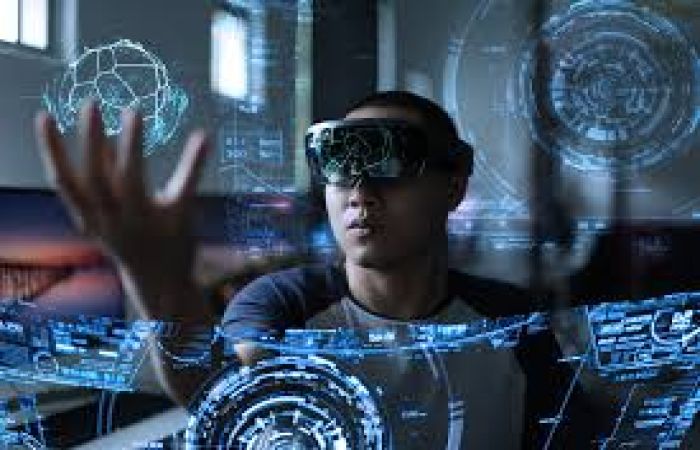
Exploring the impact of virtual reality on education
In recent years, virtual reality (VR) technology has emerged as a powerful tool with the potential to revolutionize education. By creating immersive and interactive learning experiences, VR has the ability to engage students in ways that traditional teaching methods cannot. In this blog post, we'll delve into the exciting world of VR in education and explore its potential impact on students' learning outcomes.
One of the key advantages of VR in education is its ability to transport students to different places and time periods, allowing them to explore concepts firsthand. For example, students studying history can virtually visit ancient civilizations or experience pivotal moments in world events, bringing history to life in a way that textbooks cannot. Similarly, students studying geography can explore different landscapes and ecosystems, gaining a deeper understanding of the world around them.
Moreover, VR can provide students with hands-on learning experiences that are otherwise inaccessible. For instance, medical students can practice surgical procedures in a virtual operating room, allowing them to hone their skills in a safe and controlled environment. Likewise, engineering students can design and test prototypes in virtual labs, enabling them to experiment and innovate without the need for expensive equipment.
Furthermore, VR has the potential to cater to diverse learning styles and abilities, making education more inclusive and accessible. Visual and kinesthetic learners, in particular, may benefit from the immersive nature of VR, as it allows them to interact with content in a way that suits their preferences. Additionally, students with disabilities or mobility issues can participate in virtual experiences that would be challenging or impossible in the physical world.
However, despite its potential benefits, VR in education also poses some challenges and considerations. Implementation costs, technical requirements, and content development are among the factors that educators and schools need to address when integrating VR into the curriculum. Moreover, ensuring equitable access to VR technology and addressing concerns about screen time and digital overload are important considerations for educators and parents alike.
In conclusion, virtual reality has the potential to transform education by providing immersive, interactive, and inclusive learning experiences. As VR technology continues to advance and become more accessible, it will be exciting to see how educators harness its power to enhance student engagement, learning outcomes, and overall educational experiences.
Let's embrace the possibilities of VR in education and embark on a journey of discovery and learning like never before!
Comment
Ema Zemirli
Virtual reality is a topic fascinates me, your blog was amazing. Thank’s for sharing.
Rania Oukil
So exciting ,thanks for sharing this amazing blog, I find it an excellent one.















